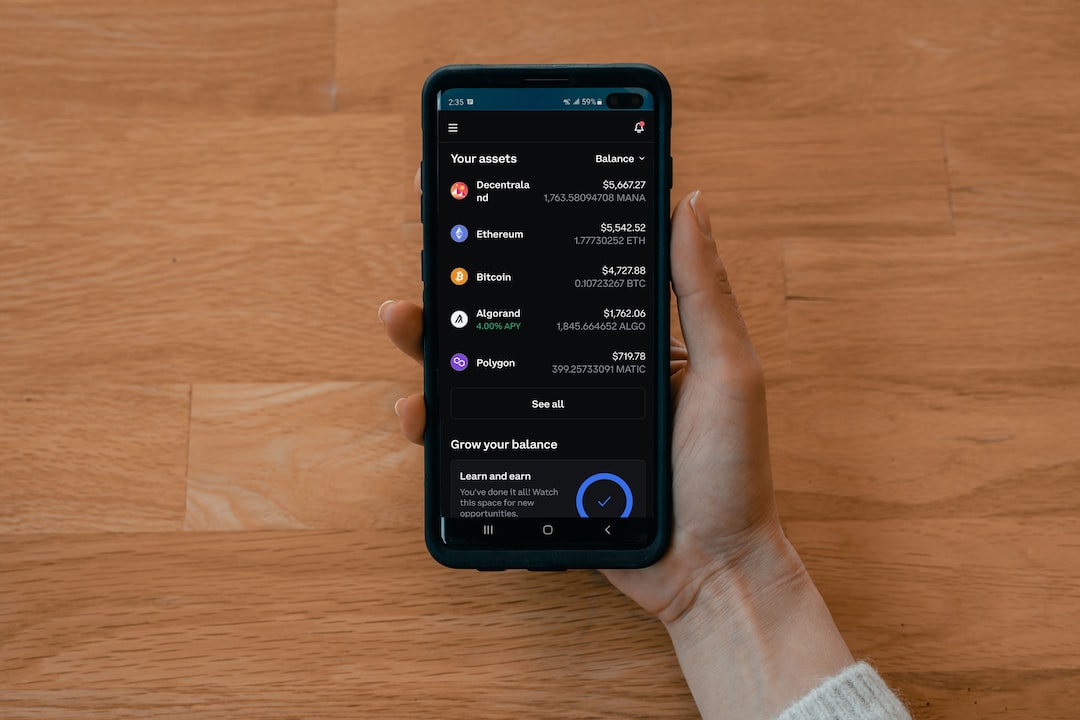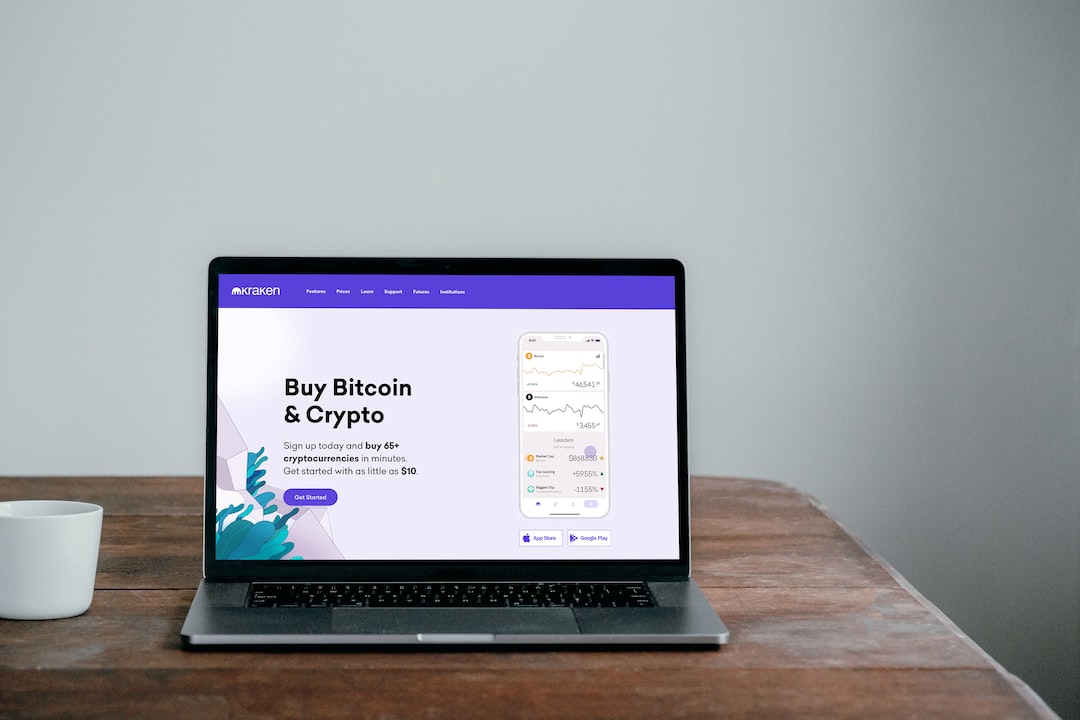The Testimony of FTX’s Former General Counsel
The third week of Sam Bankman-Fried’s criminal trial concluded with the testimony of Can Sun, FTX’s former general counsel. Sun had signed a no-prosecution agreement with the Department of Justice just days before his testimony. He stated that he was unaware of FTX’s flaw that allowed Alameda Research to borrow user funds without consent and that he would never have approved such actions. After joining FTX, Sun learned that Alameda was exempt from automatic liquidations and could have a negative balance. He raised concerns about this and discussed implementing changes with Bankman-Fried and other FTX leaders, but the changes were never made.
Alameda Research Loans
Sun, as the general counsel, documented loans issued by Alameda Research to Bankman-Fried and others for purchasing FTX equity. However, he did not know that these funds came from user deposits. At one point, Sun himself took a loan from Alameda to buy a house. Looking back, he admitted that these loans felt inappropriate. The breaking point for Sun was when he discovered a $7 billion hole on FTX’s balance sheet related to Alameda during a call with Apollo Global Management. When he confronted FTX leadership, he received no satisfactory answers.
Week-Long Break
In addition to Sun’s testimony, Robert Bourjeri, a former managing director at Third Point, also provided evidence. Bourjeri stated that if he had known about Alameda’s exemption from liquidations at FTX, Third Point would not have invested. The trial will now take a week-long break and resume on October 26.
Hot Take: Concerns Over FTX’s Operations
The testimony from FTX’s former general counsel, Can Sun, sheds light on concerning practices within the company. Sun was unaware of the flaw that allowed Alameda Research to borrow user funds without permission and raised concerns about it. However, despite promises for change, these concerns were not addressed. Furthermore, Sun’s discovery of a significant hole in FTX’s balance sheet related to Alameda raised further suspicions. This trial highlights the importance of transparency and accountability in the crypto industry, as investors and users need to have confidence in the platforms they engage with.





 By
By
 By
By

 By
By

 By
By